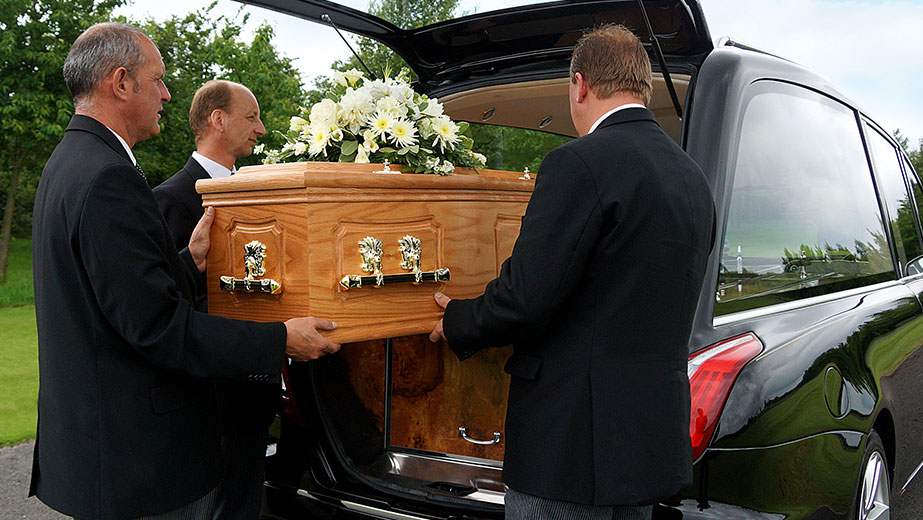Losing a beloved one is undoubtedly one of the most difficult experiences we face in life. During such emotionally making an attempt times, a compassionate and knowledgeable information can make all of the distinction. This is where a funeral director steps in, offering help, expertise, and a serving to hand to navigate the complexities of arranging a meaningful farewell. In this complete guide, we are going to delve into the vital role of a funeral director, uncovering their responsibilities, expertise, and the invaluable assistance they supply throughout moments of grief.
A Comforting Presence in Times of Grief
When a family is grieving, the compassionate presence of a funeral director can provide a way of consolation and assurance. These professionals are educated to method their responsibilities with empathy and sensitivity, understanding the unique wants and desires of every household they serve. Their capability to offer solace and steerage during an emotionally charged interval is a hallmark of their position.
Arranging and Coordinating Funeral Services
One of the first duties of a funeral director is to facilitate the planning and coordination of funeral providers. From choosing an acceptable venue to arranging transportation and overseeing the logistics, they make certain that all aspects of the service run smoothly. They work closely with families to create a personalized and meaningful tribute that honors the life of the deceased.
Legal and Administrative Support

Navigating the legal requirements and paperwork related to a dying could be overwhelming. Funeral administrators are well-versed in the legalities and administrative procedures involved in arranging a funeral. They assist households in obtaining needed permits, certificates, and documentation, alleviating the burden during an already challenging time.
Expertise in Funeral Customs and Traditions
Different cultures and religions have varying customs and traditions associated to funerals and memorial services. A expert funeral director possesses a deep understanding of these various practices, enabling them to tailor arrangements to align with the household's cultural and religious beliefs. This experience ensures that the service is carried out in a fashion that reflects the wishes of the departed and their household.
Financial Guidance and Budgeting
Funeral prices can add up quickly, and heaps of families may be uncertain about budgeting for such expenses. Funeral administrators provide financial steering, presenting various choices and packages that accommodate different budgets. Their transparency permits households to make informed choices that honor their liked one's reminiscence with out pointless monetary strain.
Support in Grief Counseling and Aftercare
Beyond the immediate logistics of a funeral, funeral directors usually lengthen their help to incorporate grief counseling and aftercare companies. They connect households with resources and professionals who can present emotional support during the mourning process. Funerals Droitwich underscores the real concern funeral administrators have for the well-being of the bereaved.
Coordination with Third Parties
A funeral includes numerous third events, such as florists, caterers, and musicians. Coordinating these parts seamlessly falls within the realm of a funeral director's obligations. By liaising with these vendors, they be positive that every detail of the service aligns with the household's needs.
Conclusion: Guiding Families with Compassion
The position of a funeral director transcends the logistics of arranging a funeral; it embodies a calling to offer solace, understanding, and steering during times of loss. Their experience in navigating the complexities of planning, legalities, and cultural issues presents families the space to grieve and honor their loved ones in a significant means. As we mirror on the position of a funeral director, we acknowledge their invaluable contribution to easing the burden of bereavement and fostering an environment of care, compassion, and help..
